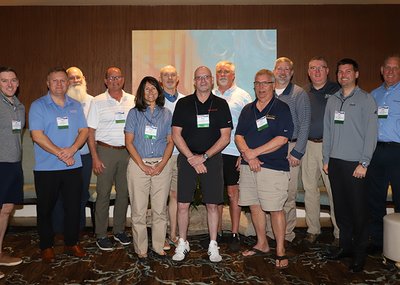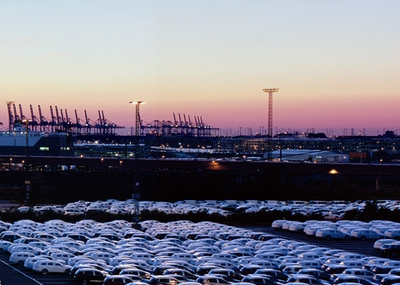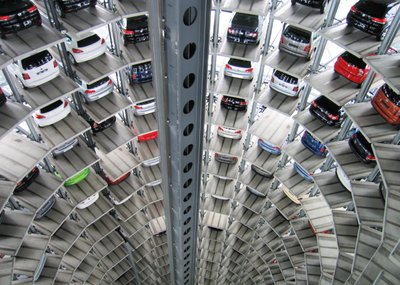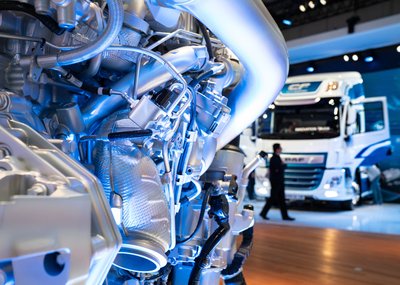VDA President Hildegard Müller and Federal Minister of Economics Robert Habeck opened the 23rd Technical Congress of the Association of the Automotive Industry on Tuesday. The Technical Congress is Europe's most important industry meeting of the automotive industry for decision-makers, technical managers, specialists and executives as well as those responsible from politics, research and science. It will take place from March 15th to 16th as a face-to-face event in Berlin.
"The transformation of the automotive industry is a task of the century that we are tackling with commitment. To do this, however, we must also incorporate and motivate society and focus on dialogue. We are therefore making an important contribution to the discussion about our future with our industry summit – the Technical Congress," said Müller in her opening speech.
Before that, she addressed the dramatic developments in Europe: "The war in Ukraine is a turning point in the history of Europe. We, by that I mean the entire German automobile industry, condemn the Russian war of aggression in the Ukraine in the strongest possible terms. Our thoughts and our solidarity are with the people affected." Müller further explained: "For us it is clear: the sanctions will be implemented without ifs and buts. The member companies are reviewing their commitment in Russia, but the focus was now primarily on humanitarian aid for employees and for the people in Ukraine. The companies are therefore participating in a wide range of aid measures."
At the same time, Müller pointed out the economic dimension of the war: "In view of the terrible situation in Ukraine, we will all face considerable additional burdens – the citizens as well as the companies."
It is now up to the companies to maintain production: "We will have to be prepared for logistics and supply chains being heavily disrupted or even interrupted over a longer period of time. We expect severe effects on supply and logistics chains with repercussions on factories in Germany and Europe as well as elsewhere, especially since the sanctions are not intended to be short-term."
"Necessary political decisions must now be made strategically, long-term, responsibly and sustainably. We therefore expressly support the policy taken by the Federal Government on the subject of gas deliveries. Our leverage against Russia is our economic strength, which we should keep in mind – as well as the effects on private and industrial consumers," says Müller.
With regard to the transformation of the automotive industry, Müller pointed out the various challenges facing the industry, which are the focus of the 23rd Technical Congress. "It is one thing we do as an industry for climate neutrality. We are making significant efforts to achieve this goal. The other is the political framework that supports our efforts. It forms the setup for the transformation. But this framework is not yet stable at the moment," emphasized Müller.
With a view to crucial future technologies, Müller called for more speed in digitization and the necessary expansion of the infrastructure: "A lot more investment is needed, faster legislation and faster planning and approval processes. We not only have to keep pace, we have to lead the way.” This is the only way to be internationally competitive in autonomous driving or networked traffic, for example. "With every moment of hesitation, other countries will pull ahead of us," warned Müller.
In addition, Müller addressed the topic of security in companies, classic product security in the field of cybersecurity as well as general information security and economic protection in companies: "Companies now have to deal with the 'return of security investment'. The rising threat in cyberspace, which we are also seeing in the context of the war in Ukraine, is becoming an increasingly important factor for companies."
Source: www.vda.de






